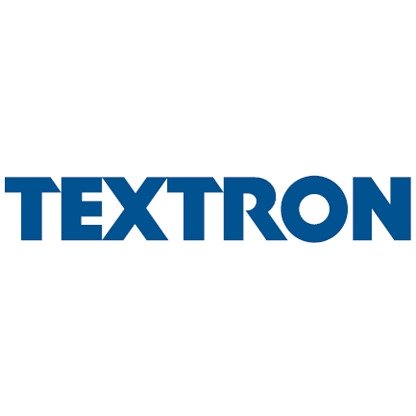June’s endowment report lists York’s latest investments, and there have been a number of changes as detailed holdings fluctuate depending on performance.
York has a contentious history to say the least with branding itself as a progressive university, openly stating its commitment to human rights and social justice in its mission statement, while simultaneously investing in weapons manufacturers which supply foreign governments with weapons.
In June, the same month York released its endowment report of detailed holdings that includes stock in Textron Inc., was incidentally the same month Textron cluster bombs were used by the Saudis to attack Yemen through consistent air strikes, leaving innocent civilians injured, dead, or displaced.
In 2010, the 2008 Convention on Cluster Munitions came into effect. However, Textron built state-of-the-art safeguards into their cluster bombs to prevent civilian harm. This technology was even hailed by Human Rights Watch as “perhaps the greatest technological advance, the submunitions in the CBU-105 . . . are capable of independently sensing and attacking specific targets like armored vehicles.”
Thus, these weapons are designed to address the multiple problems associated with cluster munitions: the inaccuracy of both the munition and the submunition, and the large number of persistent duds, the trend is encouraging and should be continued, reads Human Rights Watch, 2004 World Report.
Nevertheless, weapons experts, anti-cluster bomb activists, and the US Department of Defense agree that the CBU-105 SFW (Sensor Fused Weapon), produced by Textron, is indeed a cluster bomb.
Hundreds of millions of dollars have been spent on SFWs from Textron, most notably buyers in Saudi Arabia and the United Arab Emirates who’ve been stockpiling weapons for years.
Last year, students rallied to get York to divest from three companies that manufacture weapons used overseas in the Middle East, namely Amphenol, Textron, and FLIR Systems.
The last detailed holdings report shows, out of these three companies, Textron is the only one which remains. Though further investigation is needed.
Textron Systems offers a multitude of weapons technology, from guided weapons, sensor systems, bomb rack dispensers, direct fire aerial precision guided munition systems, armoured vehicles, lightweight small arms, and so forth.
Textron Systems products and services have been engaged throughout six continents, reflecting their “ingenuity and dedication to tailoring products and services based on individual customer requirements.”
[su_youtube url=”https://www.youtube.com/watch?v=9HkauuIyDsM” width=”900″ height=”560″]
Moreover, the Fraser Institute, a right-wing think tank, has detailed Bell Helicopter Textron Canada Ltd. as one of the top 25 recipients of corporate welfare in Canada, receiving nine handouts since 1984 totalling $406.4 million.
“Corporate welfare is rampant in Canada. Politicians argue that business subsidies lead to economic growth and job creation, but international peer-reviewed research proves those claims are bunk,” said Mark Milke, Fraser Institute senior fellow and author of Corporate Welfare at Industry Canada since John Diefenbaker.
Excalibur has been covering York’s investments in weapons manufacturers for years, whether it be in the Pension Fund or the Endowment Fund, as students have been open and vocal with their disapproval.
In 2011, York came under fire for its investments in BAE Systems, Northrop Grumman Corp., Hewlett Packard Co., and Lockheed Martin Corp.
When Excalibur asked York about its investments in Textron, Trudy Pound-Curtis, associate vice-president finance and chief financial officer, confirmed York’s endowment holds stock in the company.
Joanne Rider, media relations, said York uses best practices in developing its policy on investments and is built on advice from major investment consulting firms.
“York University works with investment managers and we do not choose individual stocks,” said Rider.
The university has been advised that the best approach to make a difference is through active engagement, where York’s investment managers work with these companies to address any concerns.
According to Rider, this is built into York’s investment philosophy.
“We provide each manager with a mandate that requires them to take into consideration environmental, social, and governance factors in their investment decisions,” says Rider.
It is important to note investments change quarterly, which means even if York stops investing in arms manufacturers after one quarter, it may reinvest in the same companies or invest in different companies in the next quarter.
Ryan Moore, News Editor
Featured image courtesy of Textron




